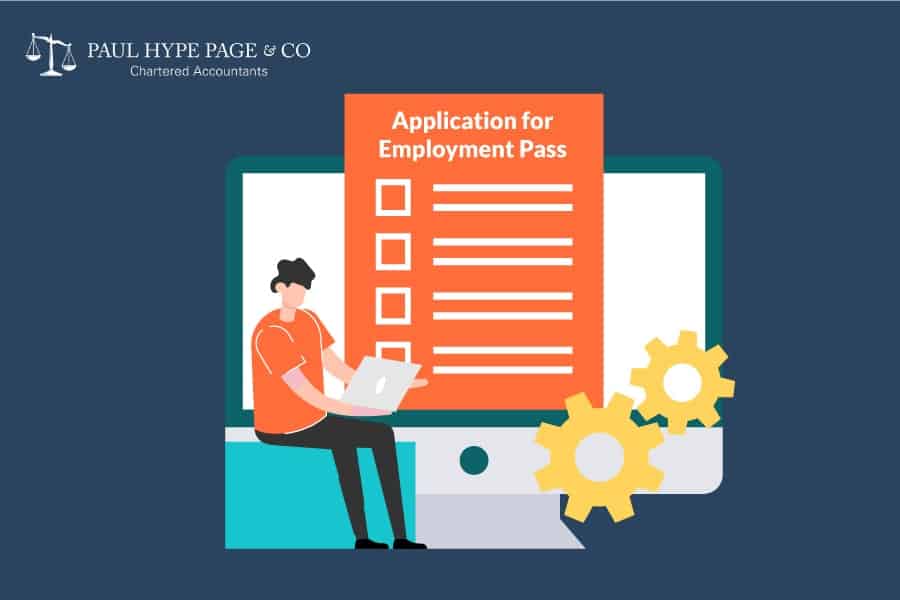Accounting and Corporate Regulatory Authority (ACRA) is the registrar of companies in Singapore. They primarily review the types of shares in a company, the distribution of shares among shareholders, share capital, and the responsibilities of shareholders.
This guide serves as a concise breakdown of the regulations concerning company shares and company shareholders in Singapore.
What is a Share?
A share represents a segment of ownership in a company, allocated to a shareholder in return for their financial investment in the company’s share capital. Shares may be either fully or partially paid up. When an investor purchases shares, they are acquiring a stake in the company.
Shareholders can include individuals, corporations, or limited liability partnerships.
Share Capital Requirements
In Singapore, share capital refers to the money invested into the company by shareholders, in exchange for company shares. A company splits its total share capital into two separate categories known as paid-up capital and unpaid capital. This is because ARCA allows companies to legally issue shares without receiving full payment of the share capital.
- Paid-up capital: Money that shareholders have fully paid for a company’s shares.
- Unpaid share capital: None of the money due for issued shares have been paid.
The minimum share capital for all companies registered In Singapore is SGD $1.
Types of Shares
| Types of Shares | Description |
|---|---|
| Ordinary Shares | These shareholders are offered dividend rights, voting rights at general meetings, and the license to acquire a fair share of the company’s assets upon dissolution. |
| Non-Voting Shares | The company typically issues non-voting shares to its employees, depriving these shareholders of the right to vote at general meetings. |
| Preference Shares | These shareholders receive special rights over ordinary shareholders regarding dividend payments. These shareholders can receive their dividend checks before regular shareholders. |
| Alphabet Shares | This refers to custom-defined categories of shares, determined by the company’s structure. The creation of these share classes (Class A, Class B, Class C) gives different privileges to these shareholders. |
| Management shares | These shares are issued to the business owners or business founders. It often comes with extra voting rights. |
| Redeemable shares | These shares a usually issued with a condition that the company will reclaim and buy back these shares in the future. |
| Deferred shares | Companies will hold off dividend payouts to these shares until the rest of the shares have received its rightful minimum allocation. |
Shareholder Requirements
In Singapore, a private limited company must have a minimum of 1 and a maximum of 50 shareholders. Individuals and corporations can register as shareholders, and Singapore allows foreign shareholders to own 100% of a company.
The shares allocated come with rights and privileges, which determine the roles and responsibilities of the company’s shareholders.
Share Issuance
A company can issue new shares by simply passing an ordinary resolution along with other shareholders and filing for a return of allotment. Shareholders complete this process through ACRA and BizFile, all within 14 days of issuing the shares. The following list consist of the details required:
- The number of shares in the allotment
- The shareholders determine the amount paid or deemed to be paid on the allotment of each share (if applicable)
- The amount unpaid on each share (if applicable)
- The classes of shares you are issuing (if applicable)
- The full name, identification, nationality, and address (for shareholders who are individuals)
- The corporation’s name or UEN and physical address (for shareholders that are corporations)
- The number of shares owned by each shareholder and the corresponding share classes
Share Transfer
Shareholders can buy and sell shares among themselves; however, the company constitution governs this process. After a transfer of shares has taken place, the company must report it by filing a notice of transfer of shares with ACRA using Biz File or report the transfer in the annual returns.
Shareholder Rights
Company shareholders in Singapore usually possess certain privileges due to their share allocations. They include:
| Rights | Descriptions |
|---|---|
| Voting rights | Company shareholders can exercise their voting rights whenever an ordinary resolution is required. |
| Rights to attend meetings | Company shareholders have the right to attend Annual General Meetings (AGMs). The Singapore Company Law states that two or more shareholders who won 10% or more of the company’s share capital can call an Extraordinary General Meeting (EGM). |
| Rights to fair treatment | Under Singapore Companies Act, company shareholders can seek remedy from the government of Singapore if the company or directors’ actions are oppressive and is prejudicial to one or more shareholders. |
| Rights to dividends | The directors of a company can recommend the payment of a fixed amount dividend. The company must pass an ordinary resolution through a shareholder vote. |
| Rights to wind up the company | Company shareholders in Singapore can seek to wind up a company in certain situations:
|
| Rights to assets when winding up | Company shareholders have the rights to company assets if the company winds up. Note that the ordinary shareholders have the last claim. |
Shareholders’ Responsibilities
Company shareholders hold responsibilities and are expected to:
- Express their views and opinions to the company secretary
- Participate in the management of the company
- Use their vote(s) wisely during general company meetings as well as in AGMs and EGMs
- Contribute to the company’s capital by fully paying for its shares
- Protect the company’s interests
FAQs
About The Author
Share This Story, Choose Your Platform!
Related Business Articles







